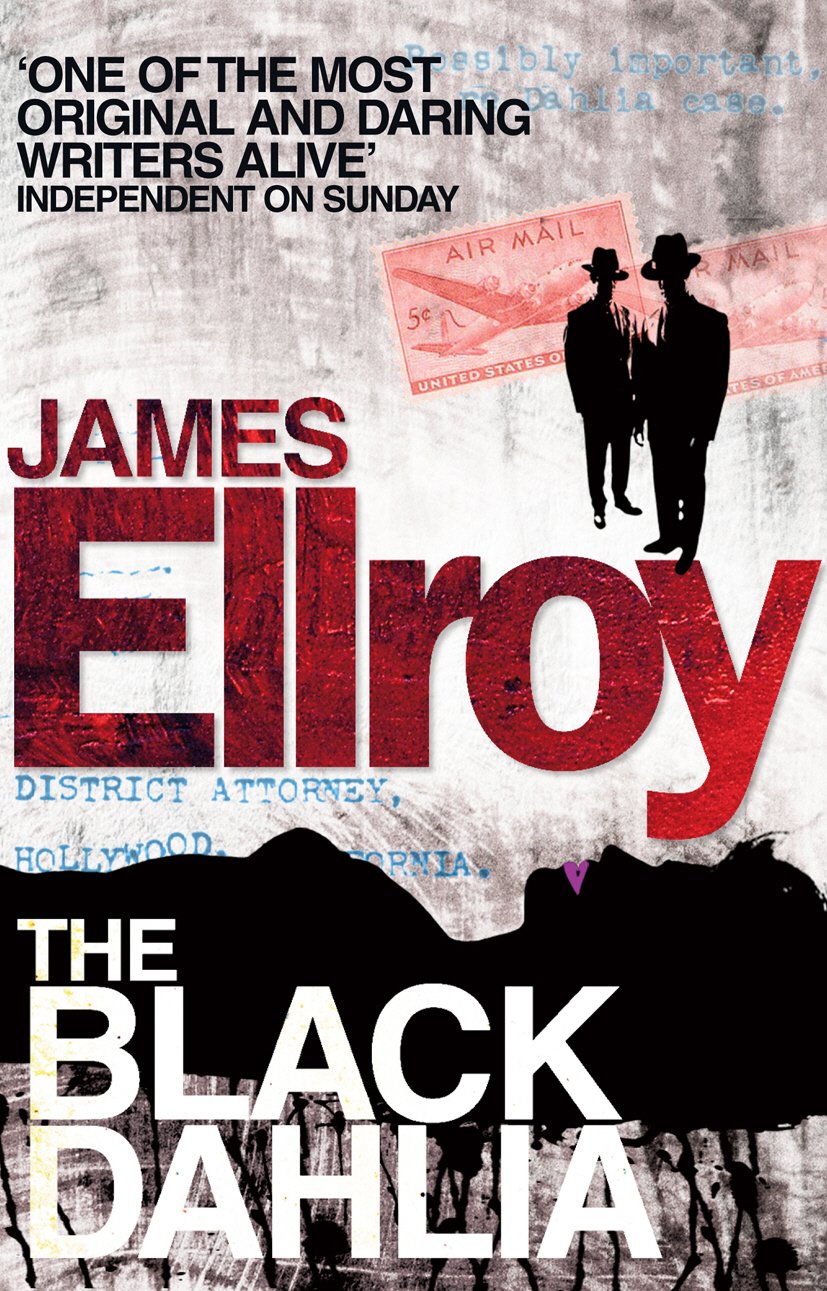Let’s get the unpleasantness out of the way first: there is a lot of racism in this book. It’s no doubt period-accurate, but it’s there all the same. Most of the police characters use slurs, including the protagonists, and it ranges from cringe-worthy to hard to read. There’s homophobia too, and the gender politics are complex to say the least. It’s part of the depiction of 1940s Los Angeles, and didn’t come across as the author’s views, but it’s worth noting for anyone wanting to avoid this kind of material.
Not that there’s much in this book that isn’t grimy and seedy. The portrait that Ellroy paints of the underbelly of Los Angeles is free from any of the glitz and glamour normally associated with the city. Corruption is rife, violence is common, and nobody is truly ‘good’. Short’s murder comes as the apotheosis of a city stewing in its own filth. The approach, to paraphrase Oscar Wilde, is ‘we are all in the gutter, and none of us are looking at the stars’.
It’s a gripping read, though, and extremely well-written. Ellroy is careful with how he unravels things, ensuring the reader knows exactly what they need to at any given point. Where other writers might cut to the chase, he gives us lot of time with the two protagonists before the murder even happens, building up their characters to keep us invested when the time comes. Executing a plot like this is a high-wire act, and Ellroy walks the tightrope expertly.
The book diverges from real life in a number of ways, most significantly because the murder is solved. I’d be interested in a version of the story that does stick to historical fact, not least because high-profile murder cases tend to become sensationalised, but I can understand why Ellroy chose not to do that for this book. I previously wrote on this blog (in my review of Dashiell Hammett’s Red Harvest) that I’m not a big reader of crime novels, but the noir genre is one that intrigues me. I’ve previously enjoyed work by James M. Cain, Gillian Flynn, and Stephen King, so perhaps I like it more than I thought.
Review by Charlie Alcock

 RSS Feed
RSS Feed
